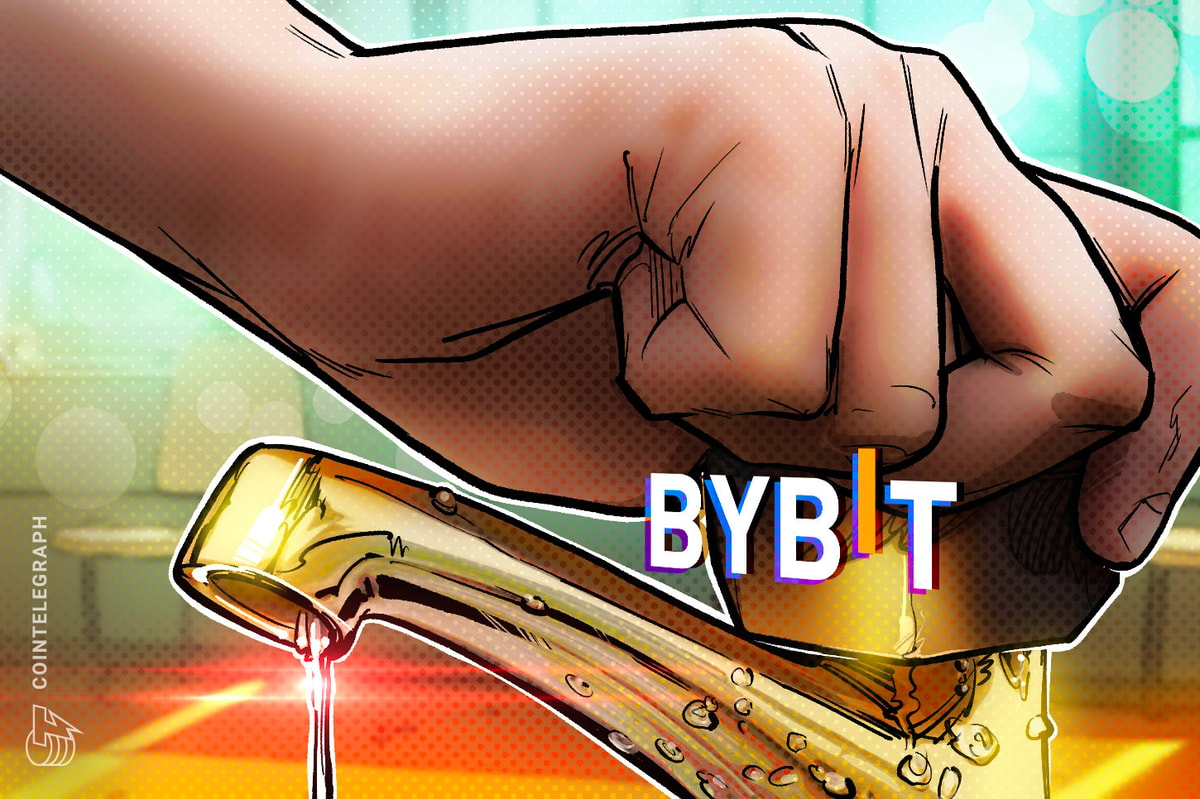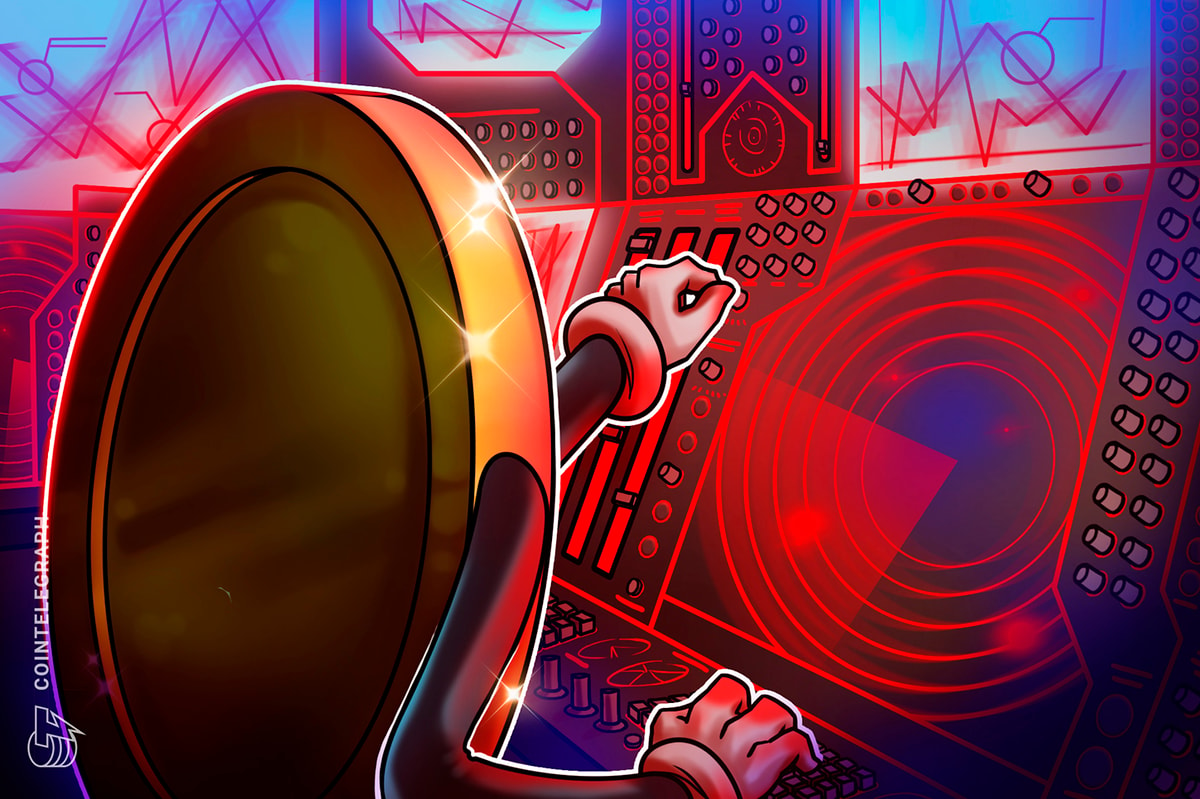Left to right: Linden Lab’s Robin Harper and Facebook’s Mark Zuckerberg, along with the CEOs of MySpace and LinkedIn (Commonwealth Club, 2006)
Good point from reader Martin K, adding to Cory Ondrejka’s analysis of why Second Life hit a growth plateau during the peak of media attention between 2006-2008:
The other trend that SecondLife was facing around 2007 was Facebook on PC (and social media in general). If you look at google trends for “SecondLife” and “Facebook” in the years 2006 to 2008, Second Life’s peak in 2007 is dwarfed by Facebook: (Remove “Facebook” from the search to see that the time range actually includes Second Life’s peak.)
Instead of a virtual community of strangers, Facebook was offering a connection with your real-life friends, relatives, and their lives. Compared with that, Second Life wasn’t standing a chance. I can’t help but thinking that there is a lesson to learn for Horizon Worlds and other metaverse apps.
This is true. I recall how much excitement Facebook generated in its early days. For many people, it was the first time they were in something like a near-real time virtual “space” with others, even though avatars were just thumbnail pics of people they knew IRL.
Which also brings us to a Monday Memory: Back in 2006, Second Life was generally considered to be the future of socialization online. To the point where a Linden Lab VP shared a stage at a San Francisco Commonwealth Club forum on the topic, “Online Personas: Defining the Self in a Virtual World”, with some college kid named Zuckerberg:
[This is] from 2006 at the prestigious Commonwealth Club in San Francisco, featuring Robin Harper (then Linden Lab’s Community VP) on the same panel with Mark Zuckerberg — who at the time, was all of 21. (Joined by heads of LinkedIn and MySpace.) Notably, Robin is introduced first, way before that Zuckerberg kid, and the moderator’s first question, along with the talk’s general framing, assumes that it will be virtual worlds which will define the future social network experience. The panelists are asked who they’d like to be in a virtual world; Zuckerberg hesitates to answer, and then gamely agrees that being Cher might be fun.
We all know the turnaround which happened since then:
Cory would go on to become a VP at Facebook, help put together the acquisition of Oculus VR.
Facebook itself would try to create its version of the Metaverse.
And just last Friday on the Wall Street Journal, the latest reported turnaround:
“The number of Horizon users online at the same time, known as concurrency, trails far behind both the socially focused upstart VRChat and Second Life , the pioneering cyberworld that was launched in 2003, said people familiar with the matter.”
Cyberworld! Read the whole thing here (if you have a WSJ account).
Read More: nwn.blogs.com








 Bitcoin
Bitcoin  Ethereum
Ethereum  Tether
Tether  XRP
XRP  Solana
Solana  USDC
USDC  Dogecoin
Dogecoin  Cardano
Cardano  TRON
TRON  Lido Staked Ether
Lido Staked Ether  Wrapped Bitcoin
Wrapped Bitcoin  Toncoin
Toncoin  Chainlink
Chainlink  LEO Token
LEO Token  Stellar
Stellar  Wrapped stETH
Wrapped stETH  Avalanche
Avalanche  USDS
USDS  Sui
Sui  Shiba Inu
Shiba Inu  Hedera
Hedera  Litecoin
Litecoin  Polkadot
Polkadot  MANTRA
MANTRA  Bitcoin Cash
Bitcoin Cash  Bitget Token
Bitget Token  WETH
WETH  Ethena USDe
Ethena USDe  Binance Bridged USDT (BNB Smart Chain)
Binance Bridged USDT (BNB Smart Chain)  Pi Network
Pi Network  Hyperliquid
Hyperliquid  Wrapped eETH
Wrapped eETH  WhiteBIT Coin
WhiteBIT Coin  Monero
Monero  Uniswap
Uniswap  Aptos
Aptos  Dai
Dai  NEAR Protocol
NEAR Protocol  Pepe
Pepe  sUSDS
sUSDS  OKB
OKB  Cronos
Cronos  Gate
Gate  Coinbase Wrapped BTC
Coinbase Wrapped BTC  Tokenize Xchange
Tokenize Xchange  Mantle
Mantle  Ondo
Ondo  Internet Computer
Internet Computer